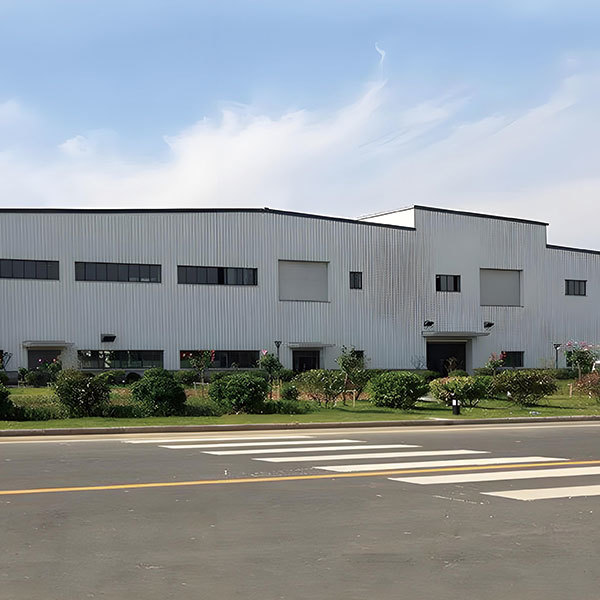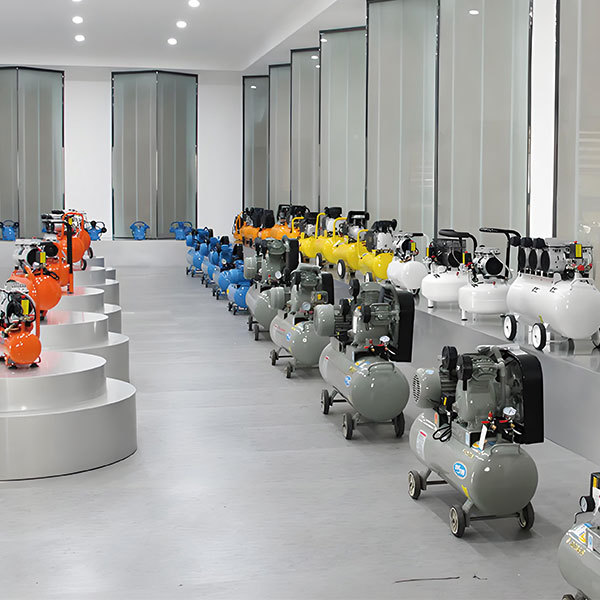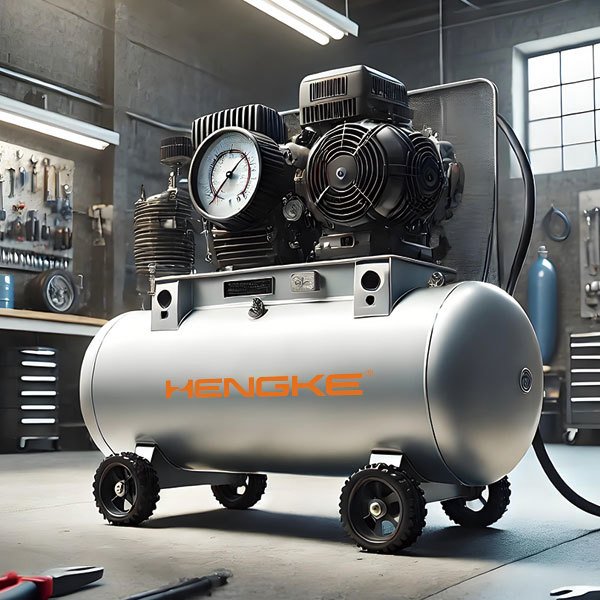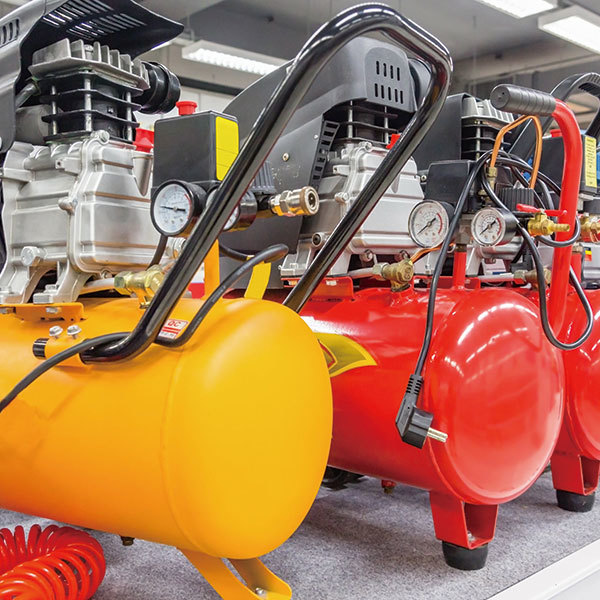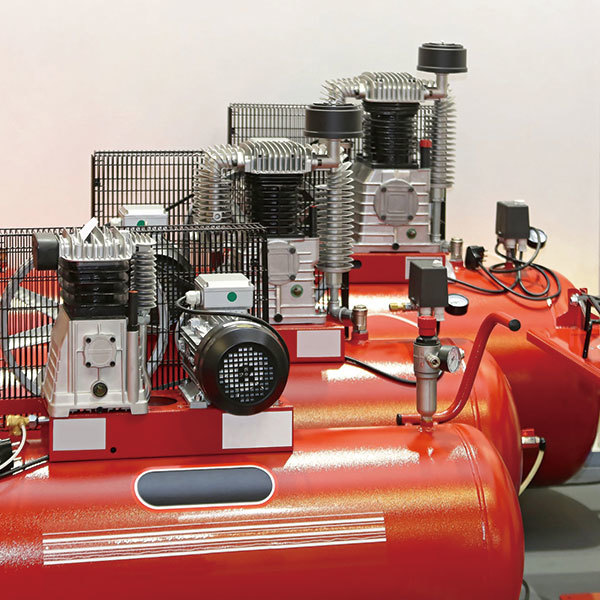Blog
Understanding Direct Air Compressors: Key Insights for Automotive Brake Systems
2025-03-20
Direct air compressors are vital components in various industries, particularly in automotive brake systems. These devices convert power into potential energy stored in compressed air, which is then utilized in various applications, most notably in braking systems. The significance of direct air compressors lies not just in their functionality but also in their efficiency and reliability in critical automotive operations.
In automotive applications, direct air compressors operate by drawing in ambient air, compressing it to a specified pressure, and delivering it to the braking system. This process is crucial for providing the necessary force to apply brakes effectively. A well-functioning direct air compressor ensures that the brake system can respond swiftly and consistently, enhancing overall vehicle safety.
One of the primary advantages of direct air compressors is their efficiency. By utilizing direct drive mechanisms, these compressors can provide high airflow rates with minimal energy consumption. This efficiency is particularly important in automotive applications, where every watt of energy can impact fuel consumption and overall vehicle performance. Moreover, direct air compressors typically have fewer moving parts compared to other types, resulting in reduced maintenance needs and increased durability.
Another significant aspect of direct air compressors is their ability to deliver consistent air pressure. In braking systems, maintaining the right pressure is crucial for optimal performance. Inconsistent air pressure can lead to delayed braking response or even brake failure, posing serious safety risks. Direct air compressors address this issue by providing steady airflow, ensuring that the brake system remains responsive under various conditions.
Maintenance is key to the longevity and reliability of direct air compressors. Regular checks for air leaks, filter cleanliness, and overall system integrity are essential practices. Neglecting these maintenance tasks can lead to decreased performance and potential system failures. Automotive professionals should also be aware of the signs of wear and tear, such as unusual noises or fluctuations in air pressure, which could indicate that the compressor needs servicing or replacement.
In conclusion, understanding direct air compressors is crucial for anyone involved in the automotive industry, especially when it comes to brake systems. Their efficiency, reliability, and role in ensuring safety make them indispensable. By prioritizing proper maintenance and staying informed about their operation, automotive professionals can ensure optimal performance and safety in their vehicles.
In automotive applications, direct air compressors operate by drawing in ambient air, compressing it to a specified pressure, and delivering it to the braking system. This process is crucial for providing the necessary force to apply brakes effectively. A well-functioning direct air compressor ensures that the brake system can respond swiftly and consistently, enhancing overall vehicle safety.
One of the primary advantages of direct air compressors is their efficiency. By utilizing direct drive mechanisms, these compressors can provide high airflow rates with minimal energy consumption. This efficiency is particularly important in automotive applications, where every watt of energy can impact fuel consumption and overall vehicle performance. Moreover, direct air compressors typically have fewer moving parts compared to other types, resulting in reduced maintenance needs and increased durability.
Another significant aspect of direct air compressors is their ability to deliver consistent air pressure. In braking systems, maintaining the right pressure is crucial for optimal performance. Inconsistent air pressure can lead to delayed braking response or even brake failure, posing serious safety risks. Direct air compressors address this issue by providing steady airflow, ensuring that the brake system remains responsive under various conditions.
Maintenance is key to the longevity and reliability of direct air compressors. Regular checks for air leaks, filter cleanliness, and overall system integrity are essential practices. Neglecting these maintenance tasks can lead to decreased performance and potential system failures. Automotive professionals should also be aware of the signs of wear and tear, such as unusual noises or fluctuations in air pressure, which could indicate that the compressor needs servicing or replacement.
In conclusion, understanding direct air compressors is crucial for anyone involved in the automotive industry, especially when it comes to brake systems. Their efficiency, reliability, and role in ensuring safety make them indispensable. By prioritizing proper maintenance and staying informed about their operation, automotive professionals can ensure optimal performance and safety in their vehicles.

